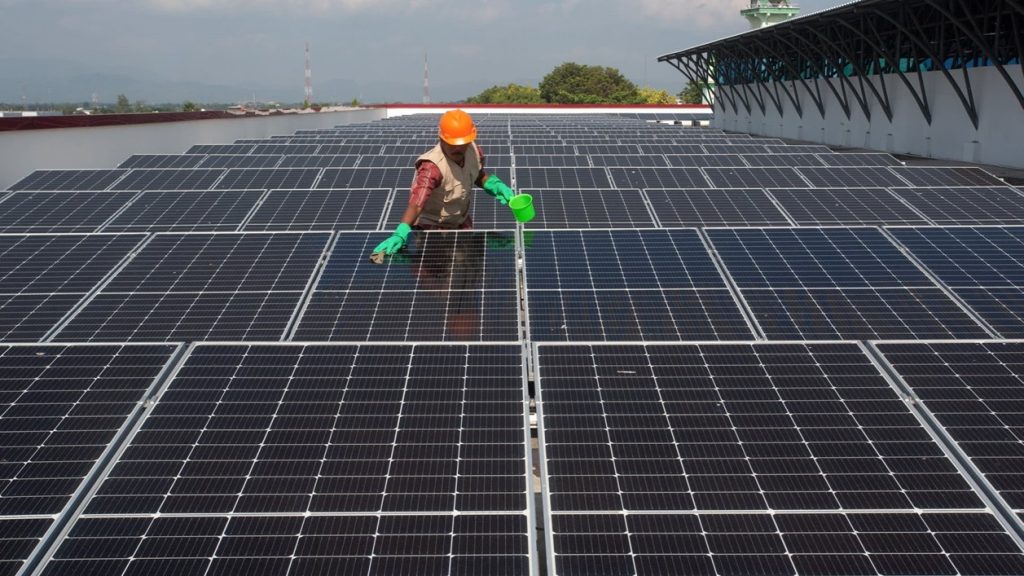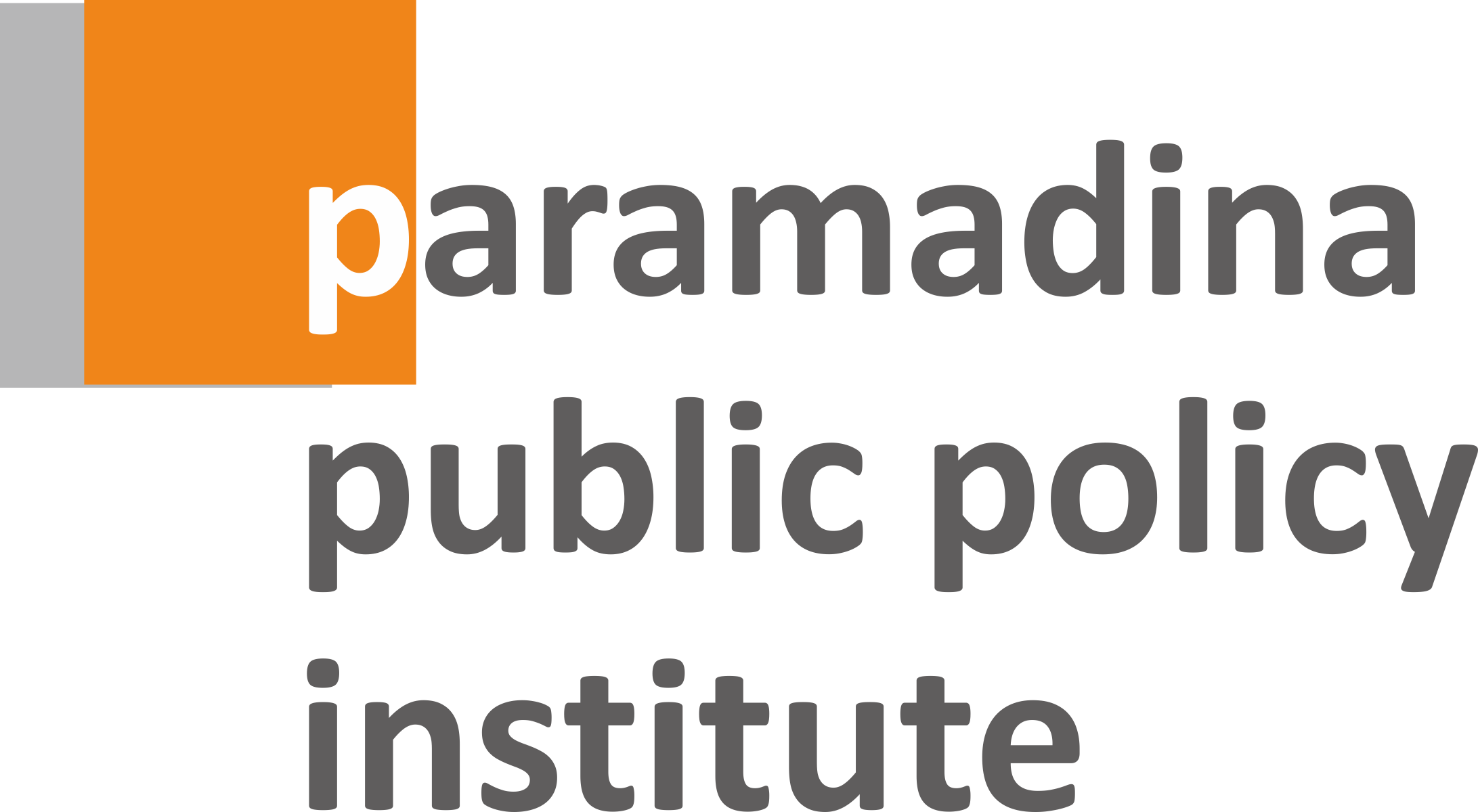
Muhamad Rosyid Jazuli, Kate Roll, Yacob Mulugetta
Abstract
During its 2022 G20 presidency, Indonesia committed to reducing carbon emissions through the Indonesia Just Energy Transition Partnership (JETP). In addition to other policies, the Partnership is designed to drive the country’s broader energy transition and net-zero aspirations for decades to come. In addition to technical challenges, the Partnership is expected to face social and political resistance. Considering its importance for Indonesia’s sustainable development and gaining support from influential stakeholders, this paper examines the JETP through the lens of a policy regime framework, drawing on insights from the country’s multi-decade fossil fuel subsidy reforms (FFSR) – a comparable effort to drive significant changes in energy use. It highlights the critical role of navigating political, social, and regulatory realities that have contributed to the successes or failures of policy reforms. The policy appraisal suggests the need for significant reconsideration of its broader policy-regime context, specifically political, social, and regulatory factors, to ensure the successful implementation of the JETP and Indonesia’s energy transition in general. Furthermore, the paper offers relevant policy recommendations to assist advocates and administrations supporting the Partnership in broadening its appeal beyond environmental concerns to secure stronger social and political backing.
About author:
- Muhamad Rosyid Jazuli is a PhD researcher at the Department of Science, Technology, Engineering & Public Policy (STEaPP), University College London, and an affiliate researcher at Paramadina Public Policy Institute (PPPI), Paramadina University, Jakarta, Indonesia. His research brings practical political views and assessments into the political economy analysis of policymaking in the Global South contexts, including especially Indonesia.
- Kate Roll is an Associate Professor at the Institute for Innovation and Public Purpose (IIPP), University College London. She is a political scientist interested in vulnerability, with a particular focus on how people gain greater social and economic security. Her multi-disciplinary work brings together politics, innovation, and development studies.
- Yacob Mulugetta is a Professor of Energy and Development Policy at the Department of Science, Technology, Engineering & Public Policy (STEaPP), University College London. He was the Coordinating Lead Author of the chapter on Energy Systems of the Intergovernmental Panel on Climate Change’s (IPCC) Fifth Assessment Report and a member of the Core Writing Team of the IPCC Synthesis Report.
DOWNLOAD the full paper from the link below.
